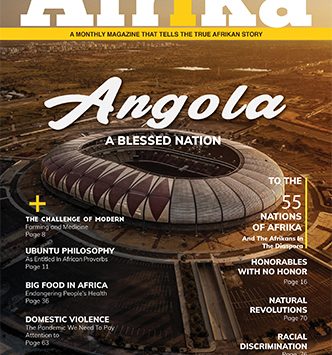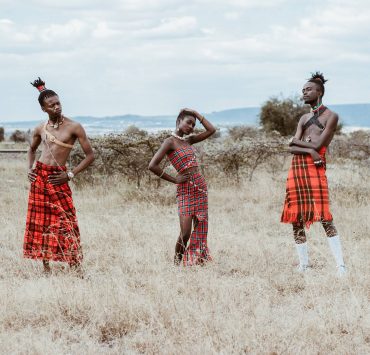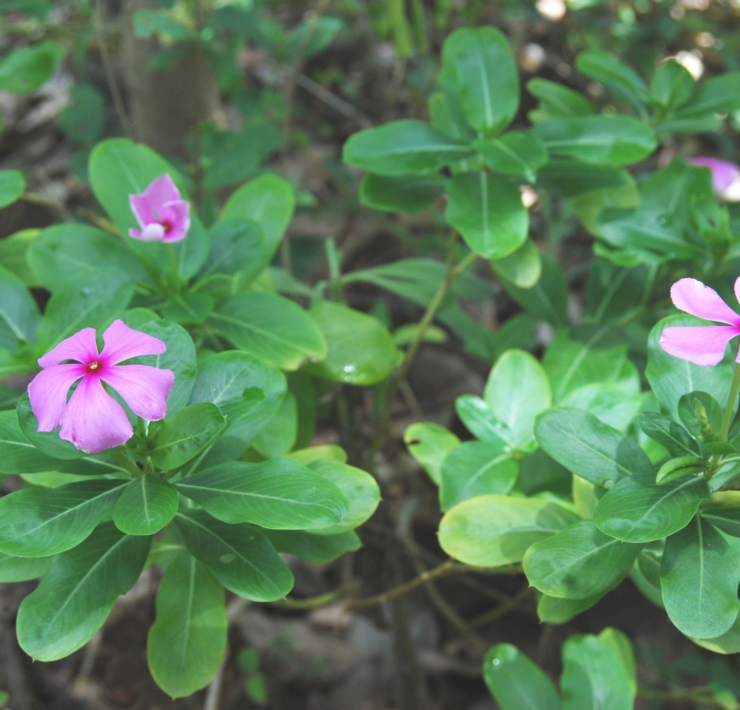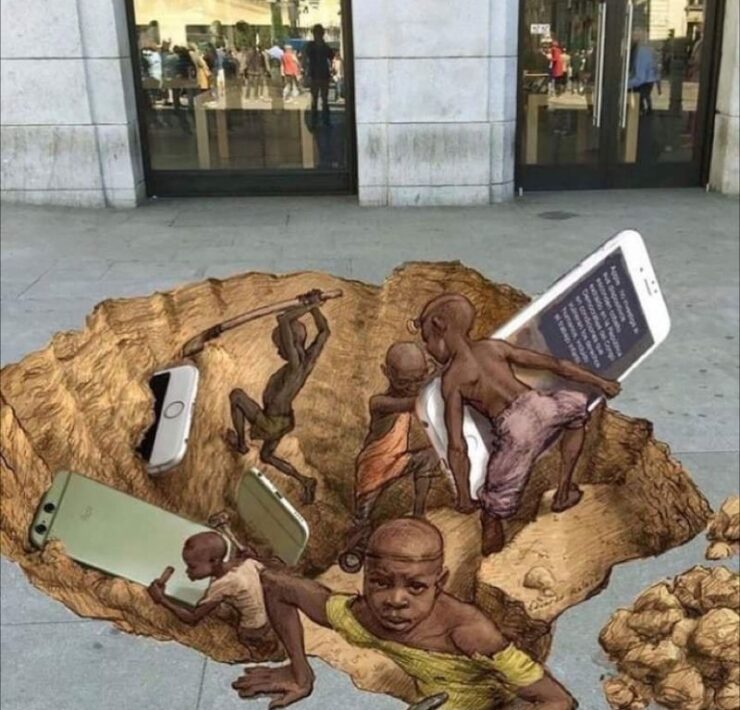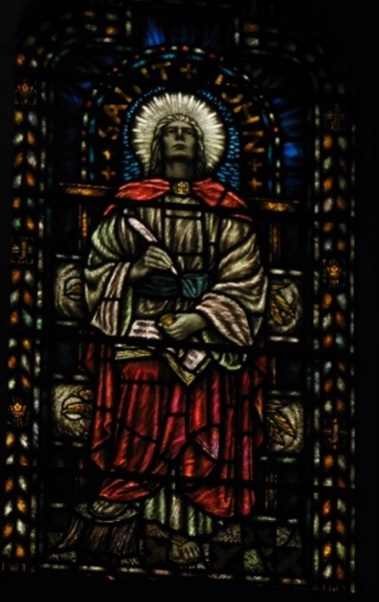NATION IN VIEW: ANGOLA
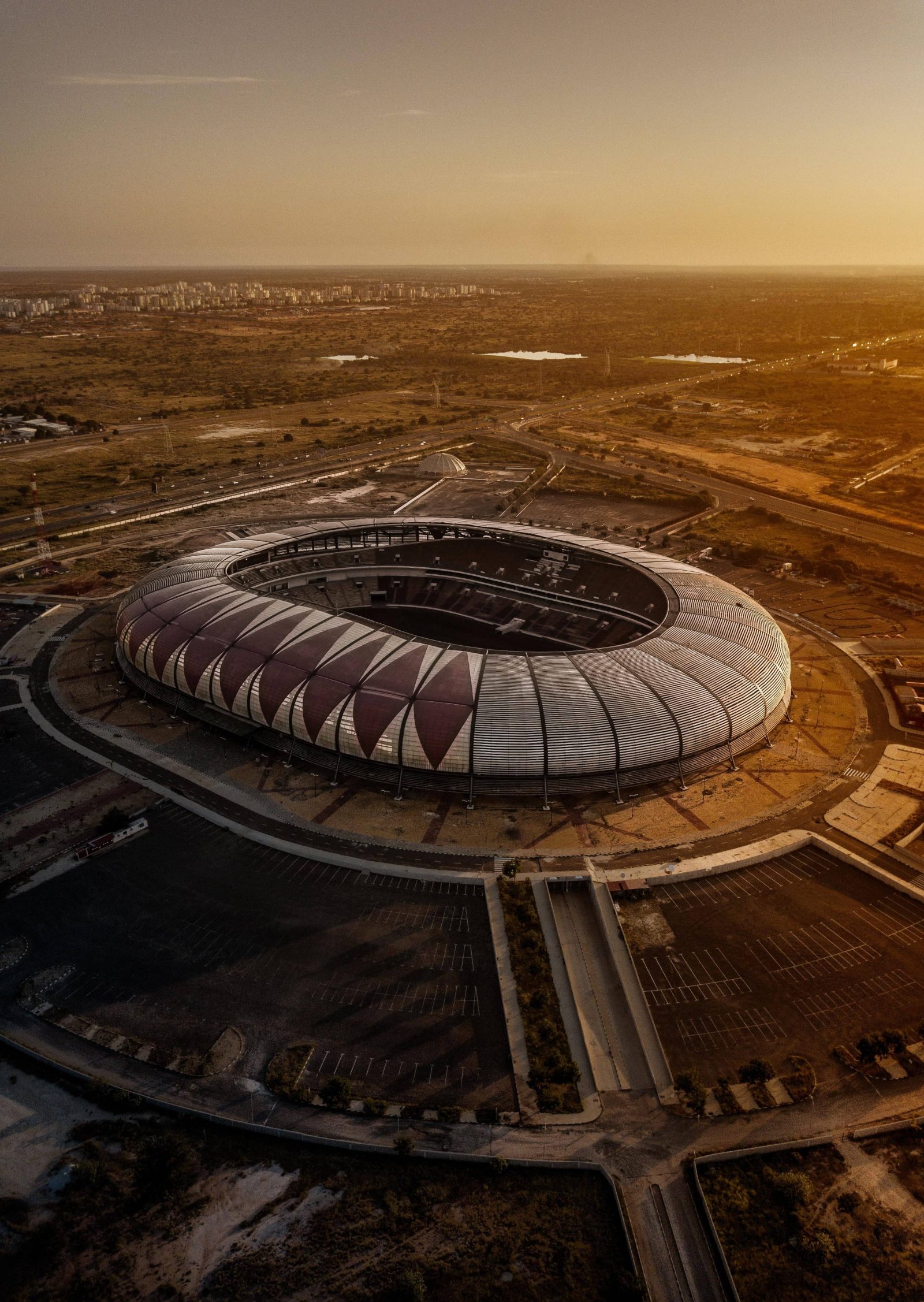
Samuel Phillips is a writer, graphic designer, photographer, songwriter, singer…
A BLESSED NATION
The modern day definition of nation is definitely a bit backward from the way it was used in times past. Just as the term “blessing” has taken a very different direction to just mean physical resources or things that can be measured. But the true meaning of nation is not a geographical space, mapped out from every other space around it. A nation is first a people, before it is a geographical space, and a blessing is that which ties those people to purpose and destiny beyond the natural resources that they have.
I know there are lots of controversies that arise when you say Afrika is blessed. Especially when Afrikan nations still take loans and beg for grants from the very foreign nations that have at one time or the other, pillaged her resources. There is no doubt about this sentiment, especially when you think how far back in terms of development every Afrikan nation seems to be compared to what you see in other nations of the world. But, this reality in itself, is a pointer to the fact that something is wrong with Afrika and Afrikans. We have lost connection to the blessing of the womb of the motherhood of humanity and now are grappling for crumbs from the table of those who are younger than us in everything. To be fair, I agree that a lot of things have happened to Afrika in the past five hundred years, but I think by now we should have overcome those setbacks. Afrika is the cradle of humanity, which means that the wisdom and the knowledge for building civilizations, communities and true societies, based on principles that work, lie within her heart. But she seems to now enjoy pushing her begging bowls onto the tables of every Tom, Dick, and Harry just to survive. But we must move out of survival mode and activate our creative mode in order to create the true image of a blessed mother called Alkebulan or Afrika.
As it makes wisdom that this issue of the magazine is about Angola and as the thematic declaration is that of blessing, then Angola and the entire Afrika are blessed indeed.
Quick facts about Angola
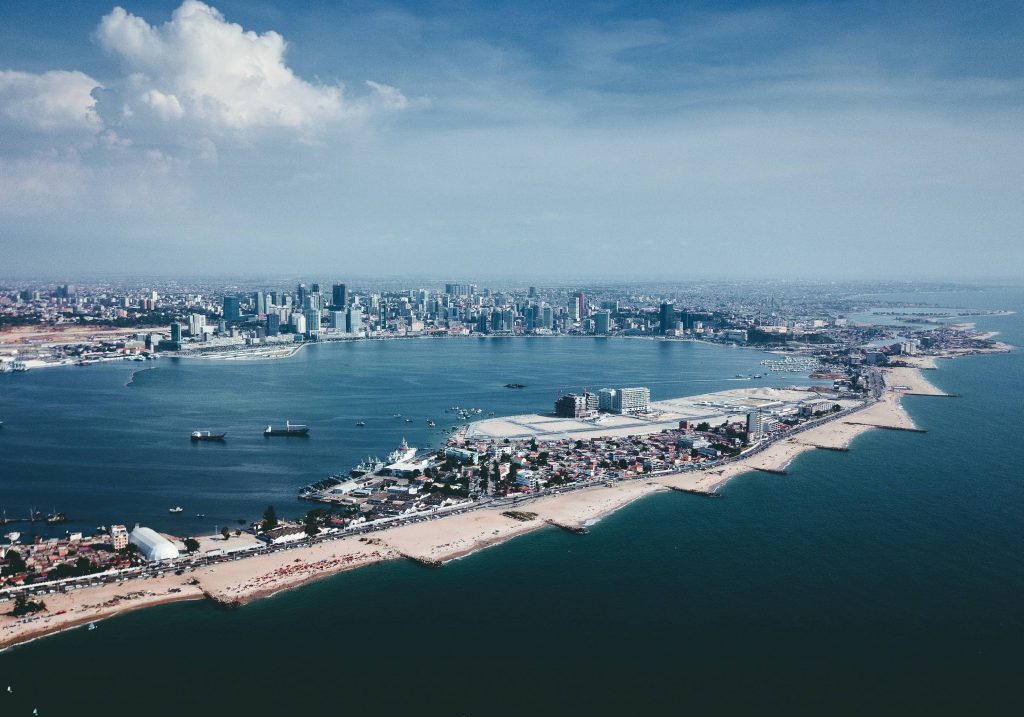
Angola is very rich in natural resources – The country is the 2nd largest oil and diamond producer in sub-Saharan Africa
Luanda is known as the “ Paris of Africa” – This title is apparently due to the city’s sophisticated culture and atmosphere
Portuguese is the official language – Other spoken languages include Umbundu, Kimbundu, Kikongo, and Tchokwe
Angola gained independence in 1975 – The country got independence from Portugal on November 11, 1975. It was the last country in Africa to gain independence from Portugal
Civil war lasted from independence (1975) to 2002 – After Angola gained independence, the country went through a long period of civil war, causing millions of lives to be lost
Angola has a very young population – Interestingly, nearly 70% of the population in Angola is under the age of 24
Shortage of men – After 27 years of civil war, there’s a shortage of men in the country. So it’s not unusual for a man to have several “non-official” wives
Life expectancy for both men and women is 54.59 years, according to the CIA Factbook (2012 est.)
The name of the country is derived from the Kimbundu word N’gola, meaning King – N’gola (King) Kiluange was the king of the Ndongo Kingdom at the time of the Portuguese arrival in what is now Angola
Angola’s national tree is the majestic imbondeiro – There is one tree that is special to Angolans, it’s called “imbondeiro”. There was a popular belief that God planted this tree, also known as “Boabob” upside down. The unusual looking imbondeiro tree can be found growing all over the country and on local artwork
Angola is twice the size of Texas – The country spans 481,354 square miles, making it the world’s 23rd largest country. It’s the seventh largest country in Africa
The local currency is called the Kwanza (AOA) – 1 USD is about 95 Kwanza
The Angolan flag is red, black and gold – The red part of the flag represents the blood of Angolans killed in conflicts, the black represents the Angolan people, and as for the gold parts – the cogwheel represents industry, the gold machete represents peasantry, and the gold star is modeled after the star on the flag of the former Soviet Union.
(Source: https://wanderwisdom.com).
There is a blessing that comes with the reality of motherhood and the womb that understands that as long as life starts from the womb, life can only be sustained by that which is blessed. This is why there is no way any nation in the world can survive a decade on their own without some form of resource coming out of Afrika to them. This shows you how blessed Afrika is and has always been. Now since this issue is about Angola, howbeit, it’s also about Afrika, that means whatever blessing that Afrika has been to the world is what Angola is.
Angola, you are blessed beyond words, both as a nation of great people and as a land of natural resources. I pray that you be reminded of the blessing that you are, always, and by wisdom, start to create a new reality for yourself far beyond the begging bowl that the world wants you to be.
Angola you are blessed.
What's Your Reaction?
Samuel Phillips is a writer, graphic designer, photographer, songwriter, singer and a lover of God. As an Afrikan content creator, he is passionate about creating a better image and positive narrative about Afrika and Afrikans. He is a true Afrikan who believes that the true potential of Afrika and Afrikans can manifest through God and accurate collaborations between Afrikans. Afrika is the land of kings, emperors, original wisdom, ancient civilizations, great men and women and not some road-side-aid-begging poor third world continent that the world finds joy in undermining.









